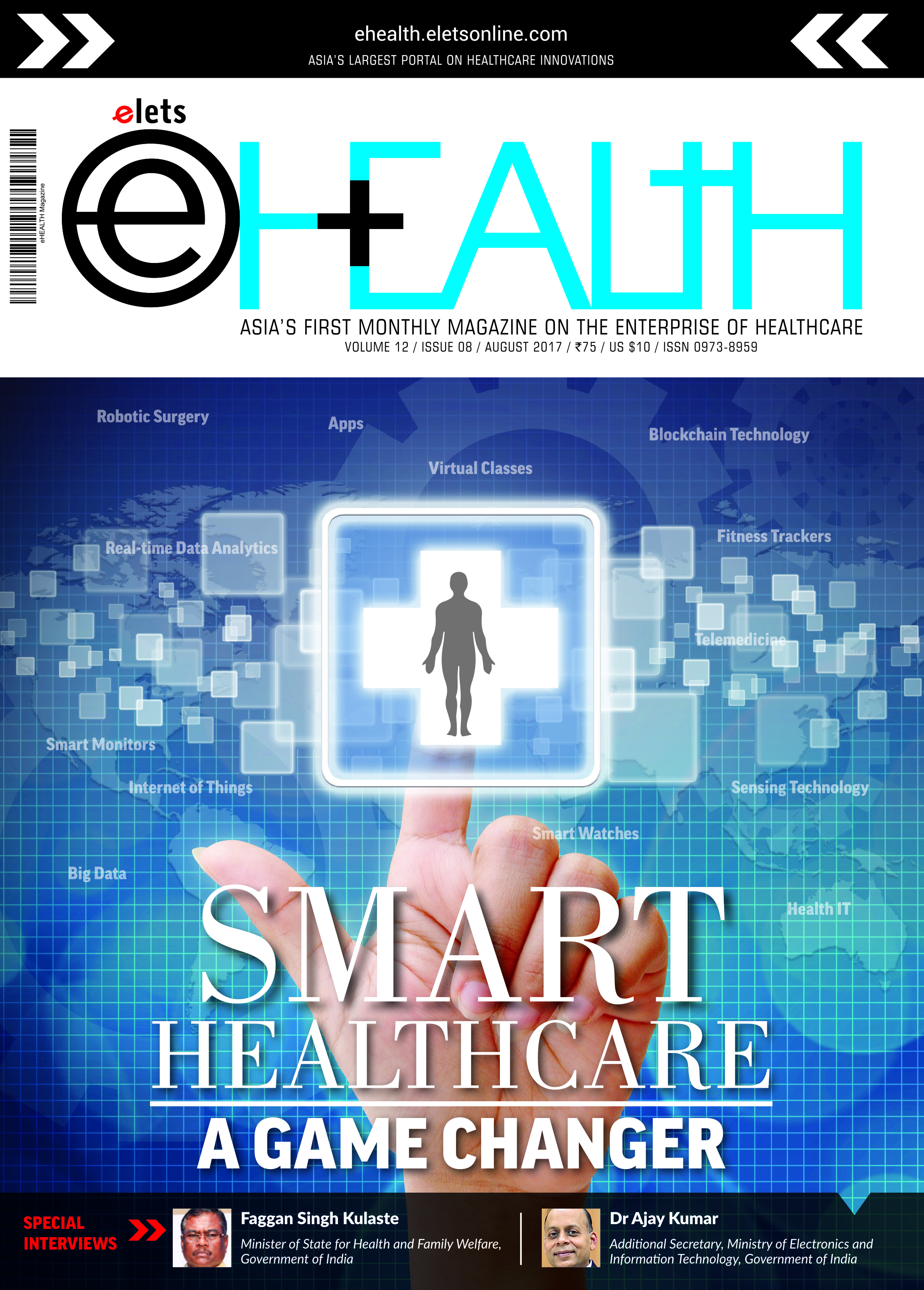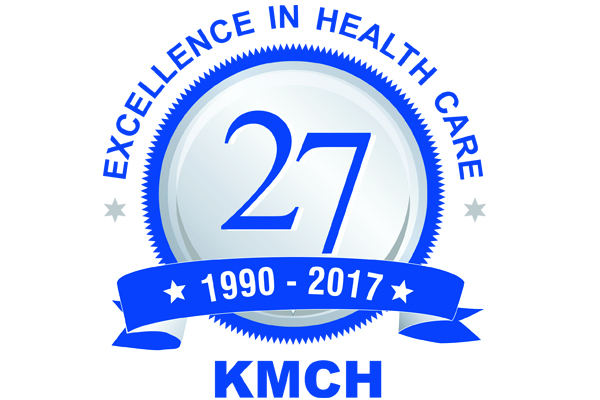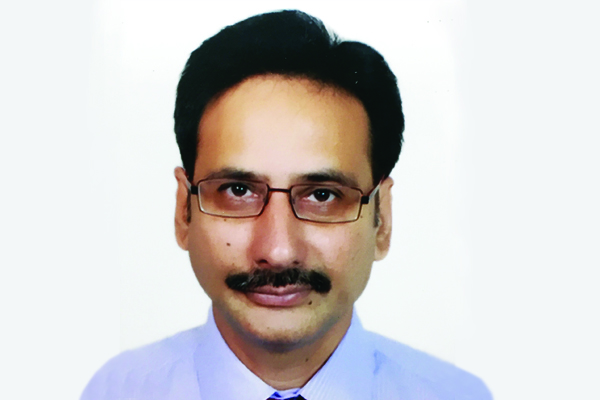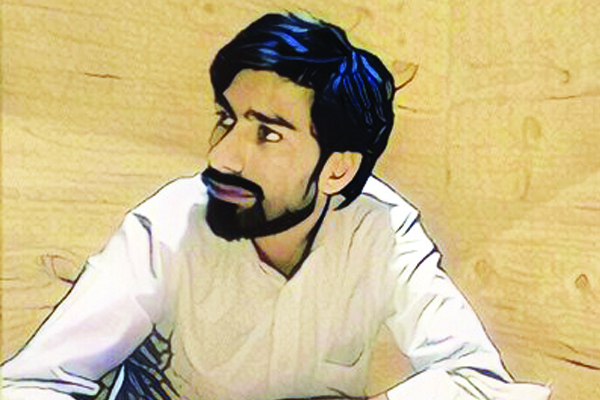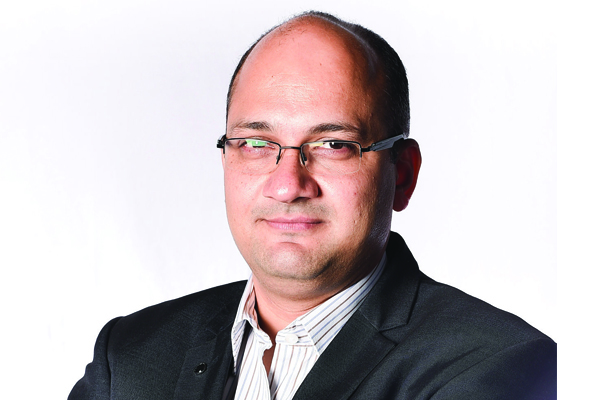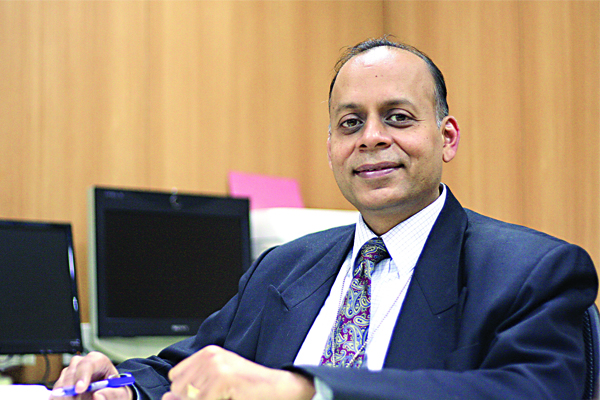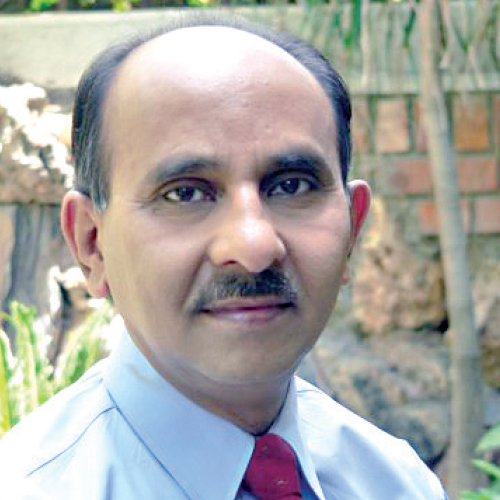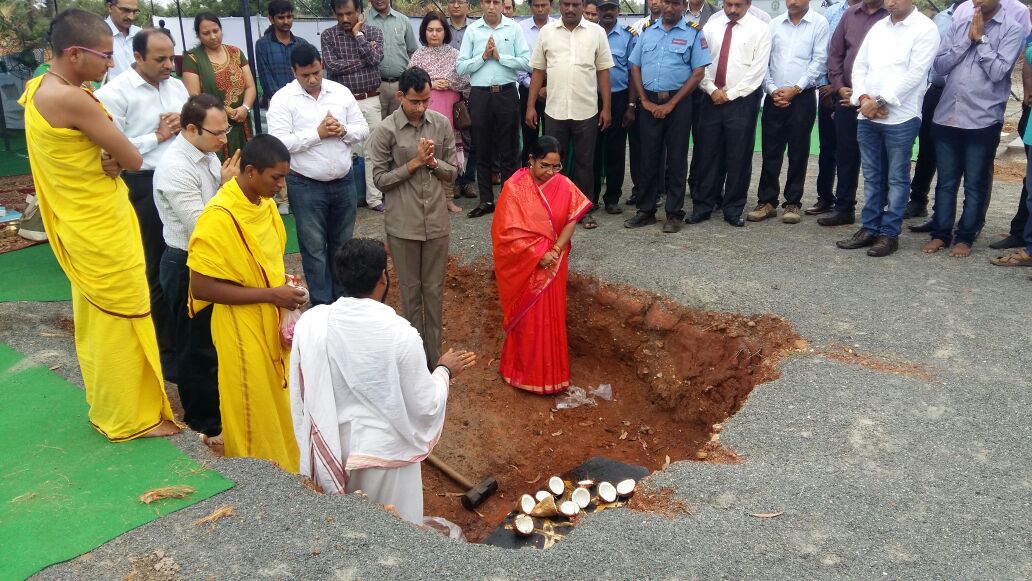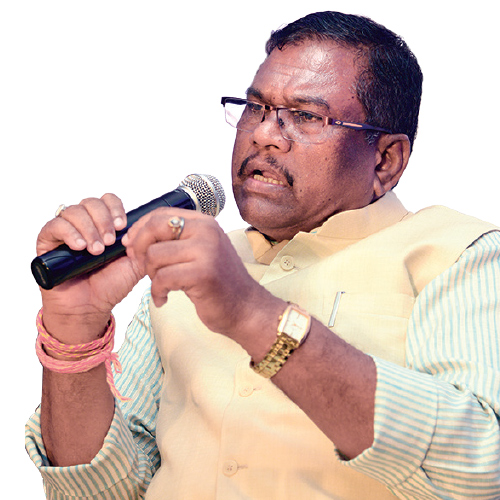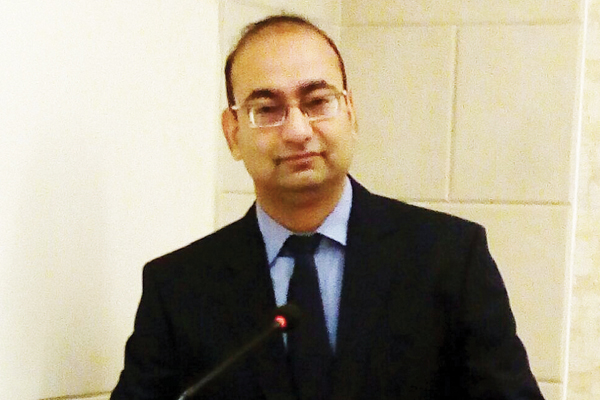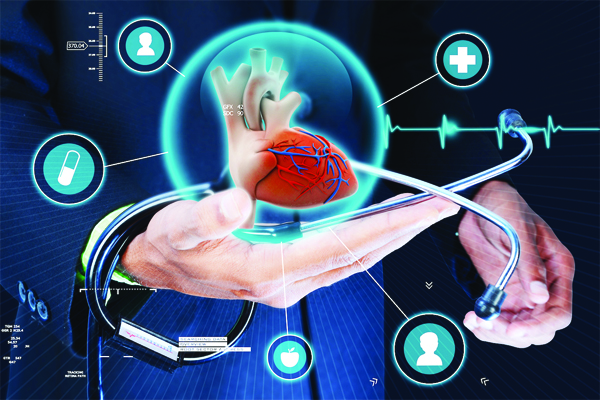

Smart healthcare is changing the dynamics of health services delivery in India and increasingly addressing the deepening health divide among the urban and rural communities across the country. With India poised to spend much more on healthcare, smarter innovations using IoT devices, sensing technology and big data analytics are set to propel the healthcare industry into the future, writes Vivek Ratnakar of Elets News Network (ENN).

The Indian Healthcare sector is undergoing a fast paced transformation as information technology, smart and connected Internet of Things (IoT) devices, sensing technology and real-time data analytics are emerging as game changers. According to some recent reports, globally the smart healthcare segment is poised to grow at the rate of 25 per cent a year through 2020.
While this growth will be majorly driven by electronic health records, use of big data analytics to improve patient care and make it more efficient and accurate globally, Indias health system which lacks smarter content for patients and acute shortage of doctors and specialists (doctor-patient ratio of 1:1800) is set for a major overhaul.
Progress in medical technology, availability of improved diagnostic equipment, changing practices of specialists and growing awareness among patients has changed the way healthcare is being delivered today. Information technology is having a greater role in every aspect of healthcare ensuring faster diagnosis, reduction of service costs and provision of quality healthcare at affordable prices, says Col HS Chehal, National Capital Region Chief Operating Officer of Fortis Healthcare Ltd.
The private sector has been traditionally the main driving force behind technology adoption in the Indian healthcare sector. To optimise costs and effectively manage operations, IT solutions have already become an integral part of process management, patient care and the management of information system (MIS) in hospitals.
PROGRESS IN MEDICAL TECHNOLOGY, AVAILABILITY OF IMPROVED DIAGNOSTIC EQUIPMENT, CHANGING PRACTICES OF SPECIALISTS AND GROWING AWARENESS AMONG PATIENTS HAS CHANGED THE WAY HEALTHCARE IS BEING DELIVERED TODAY.
 With the health insurance sector poised for major growth in the coming decade, increasing demand for more efficient systems for storage and retri mechanisms will eventually lead to hospitals and healthcare providers to imbibe technology to modernise existing infrastructure. Cost-effective cloudbased solutions will drive HMIS and EMRs. More hospitals will seek automation digitalised infrastructure for workforce management, administration, finance, billing, patient records and pharmacies. The various benefits that can be derived, such as easy accessibility irrespective of geographical locations, fewer errors, faster response in times of emergencies, patient convenience, among others, will encourage increased adoption, adds Col Chehal.
With the health insurance sector poised for major growth in the coming decade, increasing demand for more efficient systems for storage and retri mechanisms will eventually lead to hospitals and healthcare providers to imbibe technology to modernise existing infrastructure. Cost-effective cloudbased solutions will drive HMIS and EMRs. More hospitals will seek automation digitalised infrastructure for workforce management, administration, finance, billing, patient records and pharmacies. The various benefits that can be derived, such as easy accessibility irrespective of geographical locations, fewer errors, faster response in times of emergencies, patient convenience, among others, will encourage increased adoption, adds Col Chehal.
According to Sameer Bhalla, Founder, CEO at HealthIntel Services Private Limited, the global e-health market (currently at $23.8 billion) is predicted to reach $59.7 billion by 2018. Currently, there are over 97,000 mHealth apps and the top 10 mHealth applications generate up to four million free and 300,000 paid downloads per day.
THE GLOBAL E-HEALTH MARKET (CURRENTLY AT $23.8 BILLION) IS PREDICTED TO REACH $59.7 BILLION BY 2018. CURRENTLY, THERE ARE OVER 97,000 MHEALTH APPS AND THE TOP 10 MHEALTH APPLICATIONS GENERATE UP TO FOUR MILLION FREE AND 300,000 PAID DOWNLOADS PER DAY.
The unprecedented explosion of mobile apps and mobile health technology amid escalating medical expenses is not a mere coincidence, says Bhalla. We could say that the rising costs and inadequacies of the current healthcare industry have inspired its digitalisation.
Speaking about the challenges, Bhalla says, One of the few prominent challenges is the adoption of technology in (Indian) healthcare sector, where doctors and patients are still hesitant with security poses as a frontline barrier. Additionally, poor integration also impedes uptake. The highly regulated nature of healthcare also hinders innovation.
However, Col Chehal is very optimistic the way smart healthcare is evolving in India. Business models in healthcare are changing today. Companies are increasingly looking towards integrating the SMAC (Social, Mobile, Analysis and Cloud) model and a digital mindset, as this will enable them to uncover new value drivers. India is expected to become the largest consumer base for adopting digital innovations, with its population expected to expand from 1.3 billion in 2015 to 1.5 billion by 2026, making it the worlds most populous country, ahead even of China, he says.
|
The Way Forward Integrate disruptive medical technology into medical education and training of health professionals so that they are open to and equipped to handle new technology in diagnosis and treatments. Virtual classrooms can enable experts to share information and practical lessons with students and allied health workers through live streaming of successful surgical skills to treat complex cases. Comprehensive e-curriculums can be created and periodically updated for preparing medical students and health trainees on using the Internet, social media platforms, and digital technologies for their benefit. There is a need to develop a health infrastructure that supports this growing demand for technologically advanced services and a system that uses these resources effectively. There is a growing need for greater public-private partnerships, creating a sustained plan for equitable infrastructure for Tier 3 and 4 towns, bringing in digital technology and mobile healthcare services to remote locations, and building more cost-effective models with stakeholder collaborations and e-health services. |
His advice: There must be efforts to not only digitise the system but also integrate it across systems, platforms and locations. This will enable health algorithms to analyse the data, help us spot health and disease trends and thereby make solutions and treatments possible.
Be a part of Elets Collaborative Initiatives. Join Us for Upcoming Events and explore business opportunities. Like us on Facebook , connect with us on LinkedIn and follow us on Twitter , Instagram.


